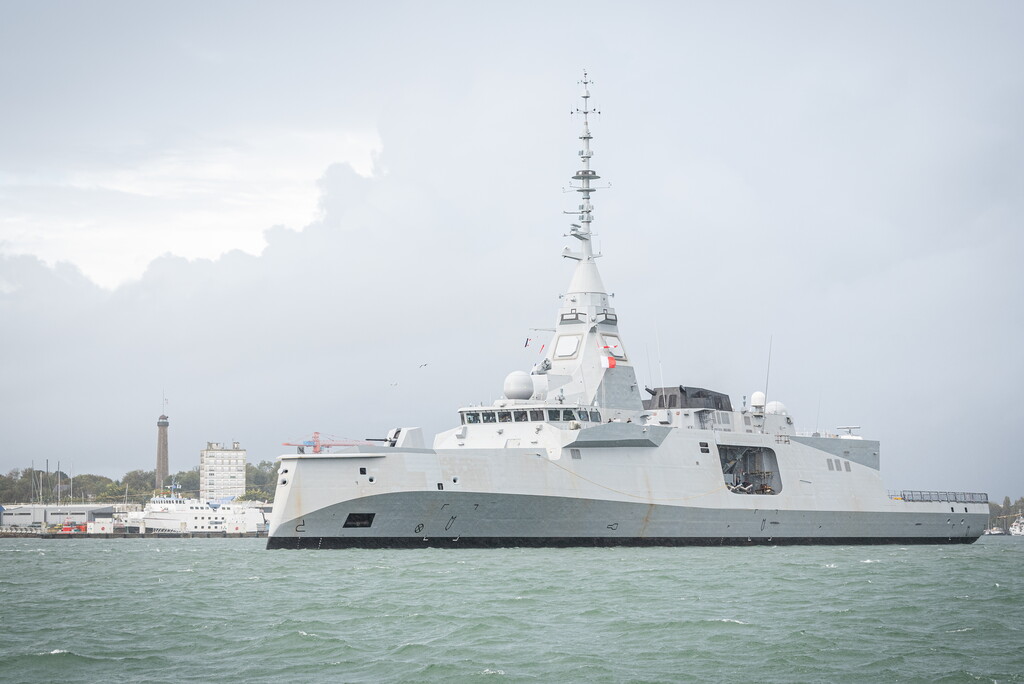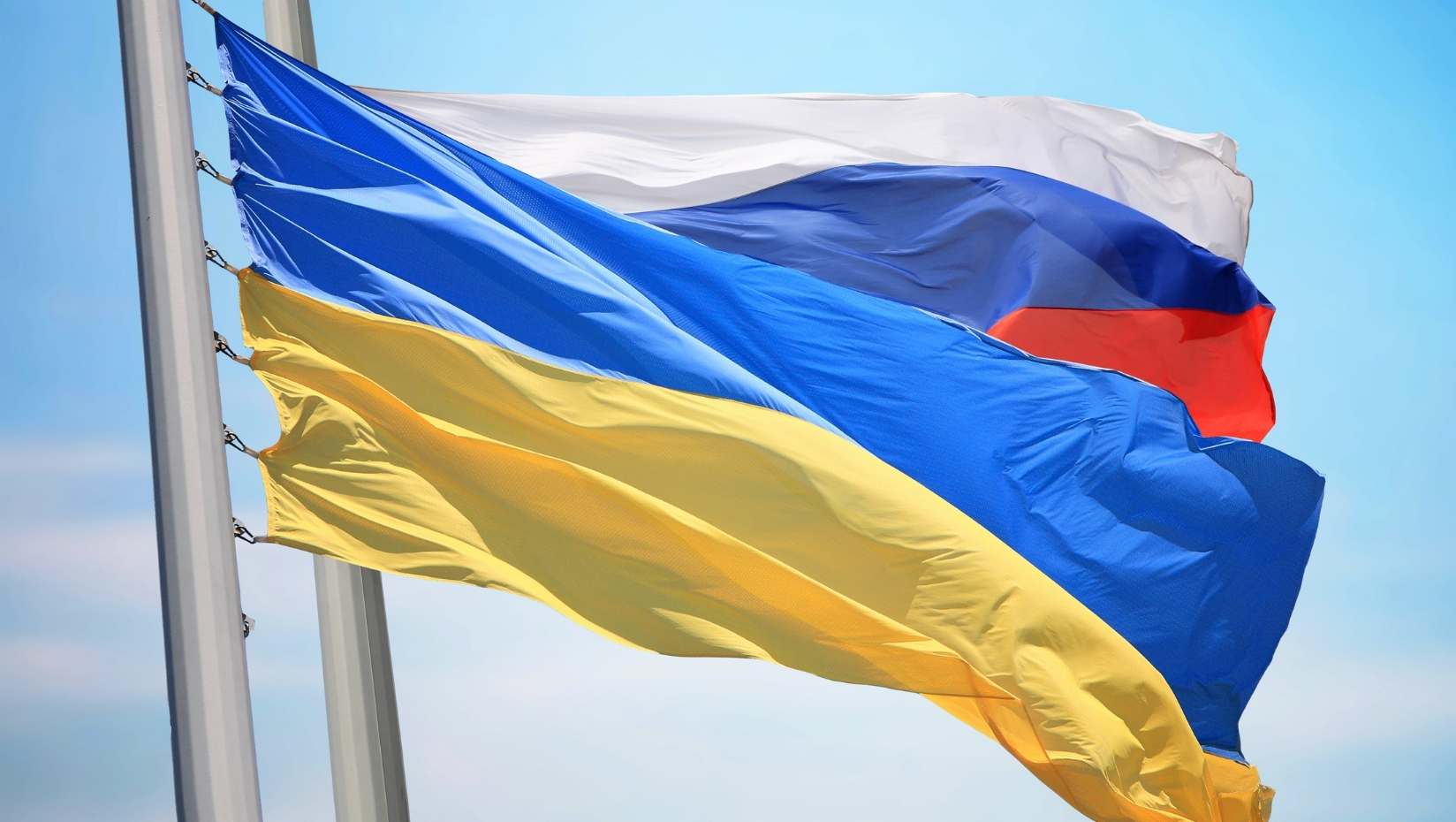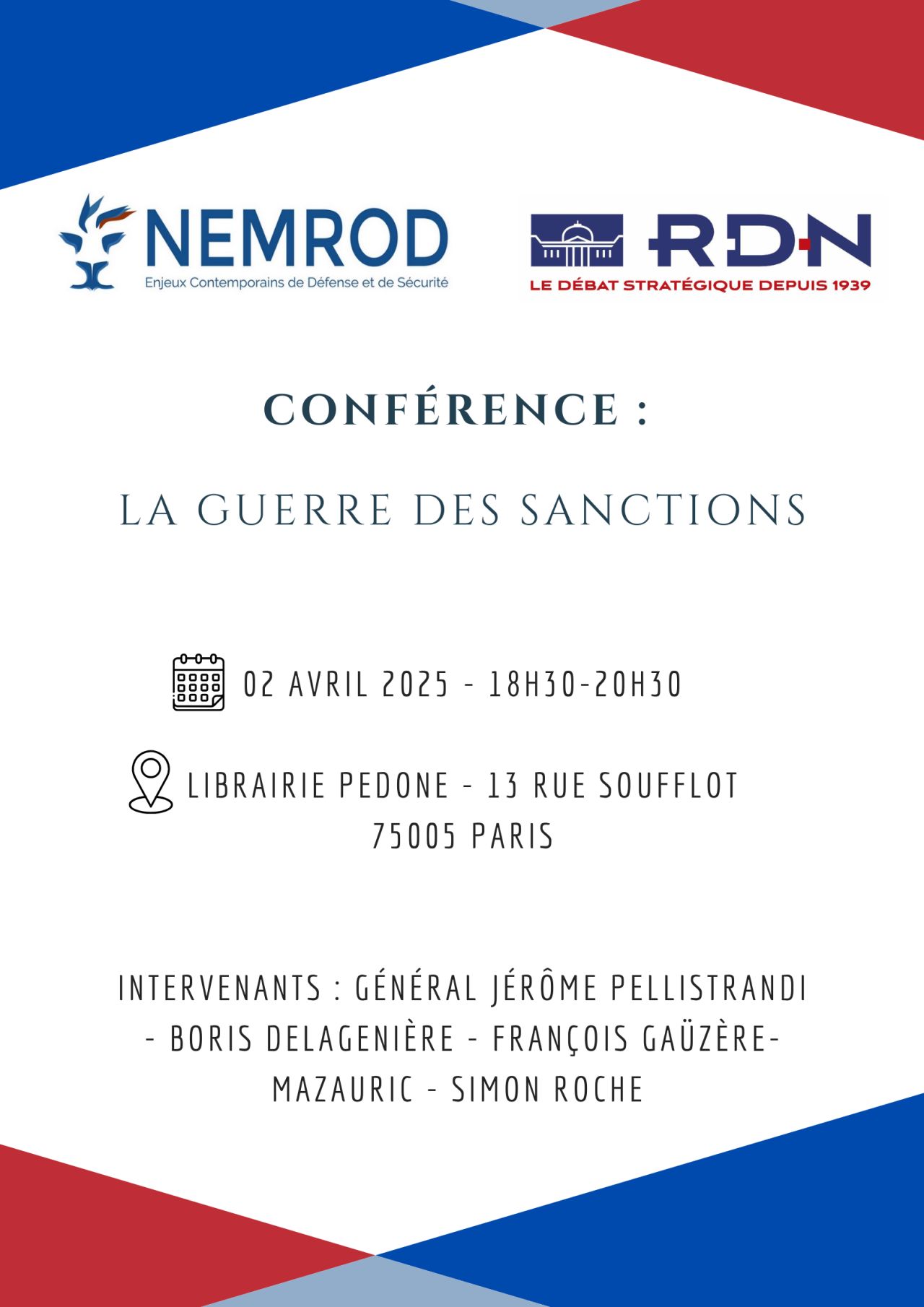Excerpts from the speech by President of the Republic, on the occasion of the presentation of New Year greetings by the Armed Forces, Elysée Palace, Monday 8 January 2007 (www.elysee.fr).
The security of France
The primary mission of the State is to ensure the security of France and its citizens, the protection of its interests and the defence of its position in the world. It is its duty to ensure national independence. It is its duty to guarantee our vital interests and control of our destiny, solidarity with our European partners and our Allies, and our commitment to peace. Inspired by a vision of a world founded on the universal values of human dignity, respect, justice and solidarity, France performs this task.
We live in a world of new threats. Increasing globalisation, competition for natural resources and the emergence of new powers are all upsetting the old traditional equilibrium. Demographic, economic and cultural fault lines are appearing. The temptations of unilateralism or of isolationism are becoming acute. Frustration and a sense of injustice which follow from unresolved conflicts are creating a breeding ground in which extremism and terrorism flourish. Some states conducting brinkmanship strategies are heading down the road of nuclear, chemical or bacteriological proliferation, and thereby seriously aggravating international tensions.
In this dangerous context, France cannot allow itself to lower its guard, or count on others to ensure its defence. This is a major political challenge. It must be at the heart of the debate in the coming months.
Drawing its conclusions from the tragic experience of 1940, the Constitution of the Fifth Republic required that the Head of State take direct responsibility for the Armed Forces and the defence of France.
Modernisation of the Armed Forces
It is in this spirit that I have set in hand a programme of thorough modernisation of our defence capabilities.
To cope with the complexity, nature and duration of military operations, I have committed the Armed Forces to professionalism. You have been the irreproachable artisans of this professionalism, which has now been achieved on time. Its advantages for national defence are now evident.
Our fellow citizens expect their Armed Forces to carry out their tasks with rigorous determination. They are aware of the risks that you run. They understand the imperatives and the constraints of the noble and worthy profession that you have chosen.
This is why I have required that you should receive fair treatment in recognition of the demands made on you under the new military code.
A defence policy without the resources to sustain it can only be gesticulation politics.
I have therefore taken care to ensure that our capabilities are rebuilt. The equipment programme, which has been firmly adhered to, thanks in particular to action by the Prime Minister and the Minister for Defence, has begun the essential restoration of the situation and has allowed us to set in hand the equipment programmes needed for the future.
You can already see the results. This summer, assault ships and Leclerc tanks were deployed in Lebanon. Rafale aircraft will shortly be operational in Afghanistan. Our Helios and Syracuse satellites are providing us with continuous reinforcement of our command and intelligence capabilities.
The next equipment programme must imperatively continue in this direction and allow new equipments to be delivered. This is necessary if the multirole frigates, the A400M transport aircraft, and the Tiger and NH90 helicopters are to arrive in service during that budget period, which is essential.
Maintaining a credible defence posture is a long-term business, demanding perseverance and realism. It is the fruit of constant and regularly updated analysis. It demands constant budgetary effort.
For the last five years, in spite of financial constraints, with the Prime Minister I have been constantly alert to your need for adequate resources, even if it was sometimes necessary to calculate extremely closely.
It is vital that the nation maintains this effort, because the balance we have achieved is fragile. It may be tempting—and so simple—to cut the Armed Forces’ budget! But that would be to the detriment of their operational capabilities, their credibility and their ability to accomplish their missions. To be sure that our defence posture meets the nation’s needs, we must avoid budgetary deadlock. We must act responsibly. What is at stake is our security, our ability to keep the peace and defend our values in a world that is ever more dangerous.
Deterrence
Turning to the nuclear deterrent, this is the ultimate guarantee of our vital interests. I keep a constant watch over its coherence and credibility. Our doctrine has been modified to take into account new threats and our international commitments: confronted by a major power, to be able to inflict appropriate damage; confronted by a regional power, to be able to apply our response against its power centres and its ability to react, so that in both cases the risk of irreparable damage discourages any potential aggressor.
I am equally preoccupied by the need to keep our deterrent forces permanently up to date, in a spirit of what is strictly necessary. Their two components, naval and air, provide the Head of State with the essential flexibility and necessary credibility. Our ability to adapt and modernise our deterrent forces on a permanent basis is another major challenge for the years ahead.
Europe’s defence dimension
Progress at the European level also helps our security. For this reason I have made a priority of European defence issues, and an imperative of the credibility of intervention operations under international auspices.
European defence depends on our willingness to bring together our operational capabilities, our doctrines, our industrial and research assets, our armaments programmes and our training centres. It is reflected in our joint commitments to peacekeeping operations, in Africa and the Balkans.
What has been achieved since the Franco-British summit of St-Malo in 1998 has opened a new vista in which Europe is becoming a pole of peace and stability in the world. But there is a long way to go before the Union is ready to play its role to the full in the framework of the Alliance and of a balanced transatlantic relationship.
Conflict prevention is an obvious priority for us. But we know that the use of force is sometimes unavoidable, whether to ensure the protection of our citizens and our interests, or by participating in peacekeeping missions, notably with an international mandate. In the light of our experience in the Balkans, in Lebanon and Africa, I am attentive to the need to ensure that the international mandates under which our forces are deployed allow them to accomplish their missions with a real and total commitment.







